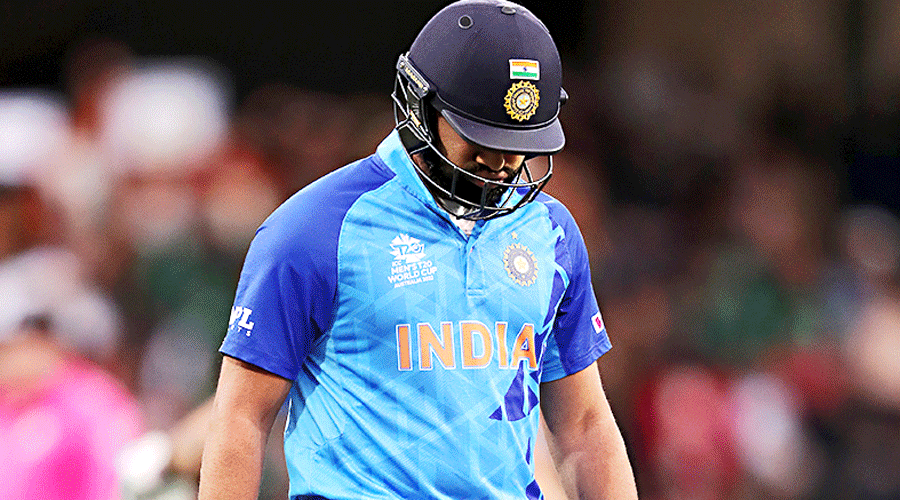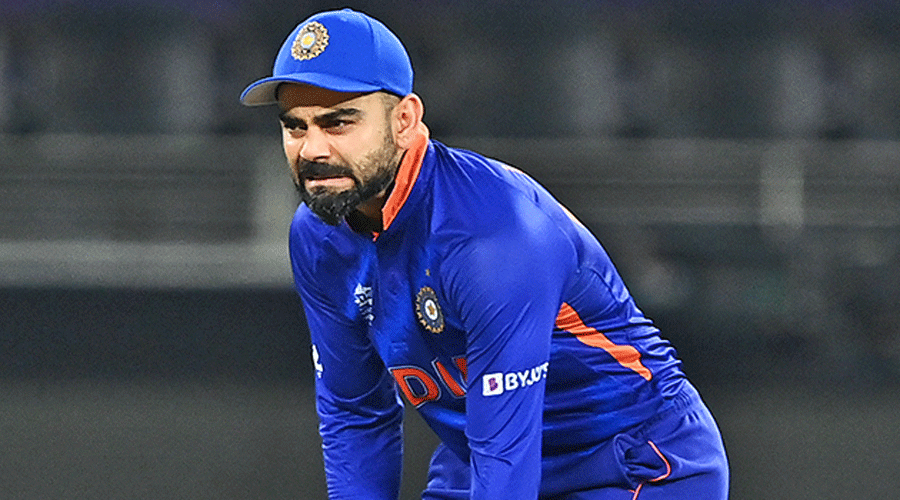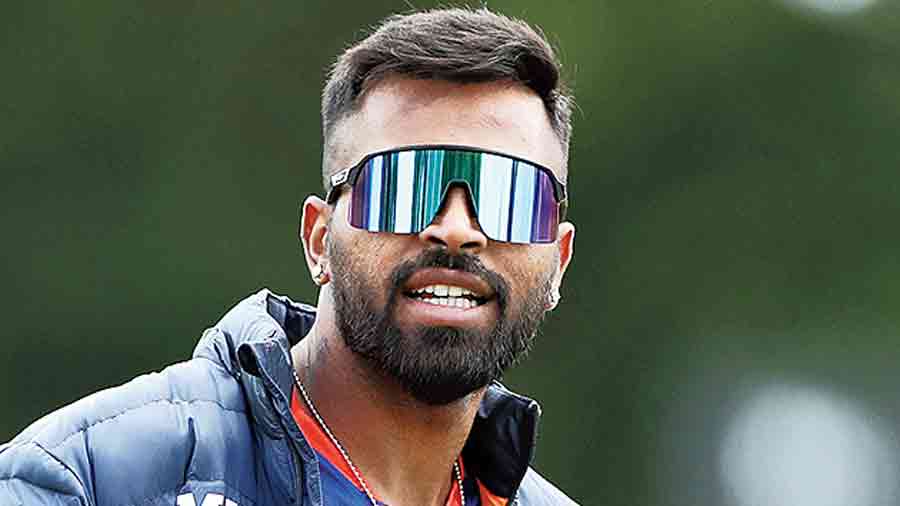Changes at the helm don’t always bring about a change in fortunes. When Rahul Dravid and Rohit Sharma began their association last year following the debacle in the UAE, the T20 World Cup and the ODI World Cup were their primary targets.
A year on, India have once again failed to mend their ways. The trophy cabinet has been bare in ICC tournaments since the 2013 Champions Trophy.
The list of failures in the knockouts is endless — semi-finals of 2015 ODI World Cup, semi-finals of 2016 T20 World Cup, 2017 Champions Trophy final, semi-finals of 2019 ODI World Cup, 2021 World Test Championship final, semi-finals of 2022 T20 World Cup.
Former Board president Sourav Ganguly had stressed on the need to chalk out a master plan to achieve success in premier competitions. Three years later and following multiple experiments, the same mental block continues to hurt Indian cricket.
India are an enviable team, both at home and away, when it comes to bilateral cricket, but in world meets, they fail miserably in the business end. Mahendra Singh Dhoni though had huge success, winning three ICC trophies — the 2007 T20 World Cup, 2011 ODI World Cup and 2013 Champions Trophy — in his early years as the captain.

Rohit Sharma, Team India skipper, in this edition of the T20 World Cup. Getty Images
Rohit Sharma has blamed the players of being “a little nervy” during Thursday’s loss to England but a closer examination will reveal that the big guns have been equally responsible for their failure to deliver.
While Dhoni was known to come out guns blazing in make-or-break situations, the same cannot be said of Rohit or his predecessor Virat Kohli. None have played those match-defining innings to change India’s approach.
Rohit contributed only 27 on Thursday when he should have helped India cross the line with a show of guts and character. Such insipid temperament always plays a significant role in hurting the team’s fortunes.Rohit’s lack of runs hasn’t been limited to just this tournament. In 2019 after scoring a record five hundreds in the group stages, he managed just 1 run in the semi-final against New Zealand.

Virat Kohli in October 2021 when he led India in the T20 World Cup. Getty Images
Kohli hasn’t fared better. He was Player of the Tournament in the 2014 and 2016 editions of the T20 World Cup. But the burden of captaincy did affect him — 1 in the semi-final of the 2019 World Cup and 5 in the 2017 Champions Trophy final. In Adelaide this time though, his half-century held the innings together in the middle stages.
The best teams always make the last-four stage and it’s only natural that they will reserve their best for such legends. But Kohli and Rohit’s performances showed that they have failed to rise to the occasion. The likes of Jos Buttler and Kane Williamson, not to mention Dhoni, have shown what a difference such an innings can make.
It was also naive on Rohit’s part to talk about the pitfalls of playing a knockout game on match-eve. It showed lack of maturity when he said on Wednesday that one knockout game doesn’t define a player’s career.
Was he trying to protect the players in advance anticipating a reversal of fortunes? Did it send the right vibes to his teammates? Was it a show of lack of confidence on his part on the eve of the semi-final?
The role of mental conditioning coach Paddy Upton also assumes significance. Has he been able to help the players overcome the pressure that such high-profile matches come with? Otherwise, the C-word will soon come to haunt India, much like South Africa.
The Board will carry out a detailed post-mortem. Whether heads will roll is unclear. The next World Cup (ODIs) is in India and there’s no doubt that Roger Binny’s tenure will also be judged by the players’ performance. The moolah can never be a substitute for lack of ICC silverware in a cricket-mad country.












